As a developing economy, India has numerous developmental aspirations. How India meets these goals without worsening the climate crisis is at the heart of CSTEP's work. Addressing climate change and enabling a secure and sustainable future for Indian citizens require an overhaul of previous paradigms on development and resource utilisation. This is reflected in our work on developing low-carbon trajectories for development with an emphasis on nature-based solutions.
We are working with state governments across India to build capacity on risk and vulnerability assessments to inform their respective action plans on climate change. The transition from fossil fuels to renewable energy is crucial to achieving a secure and sustainable future. CSTEP's studies explore the possibility of a greater integration of renewables in the energy sector.
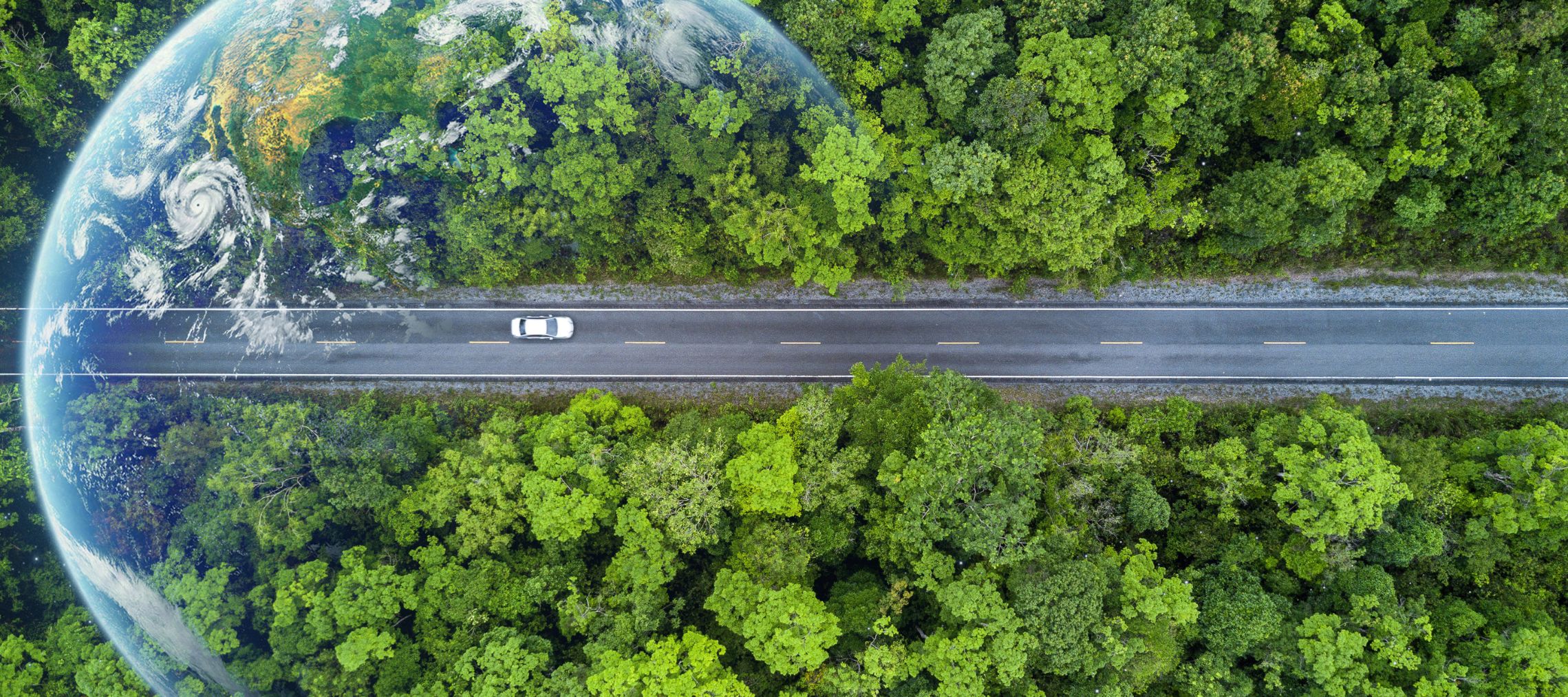


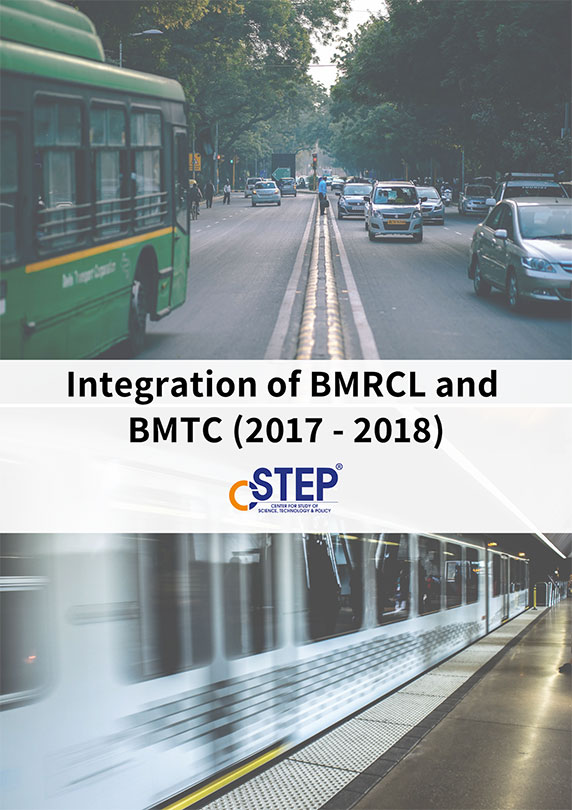
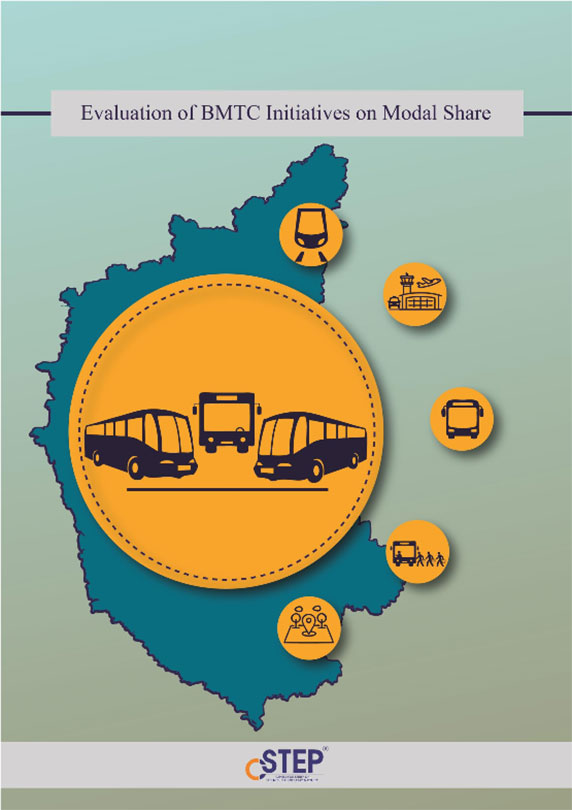
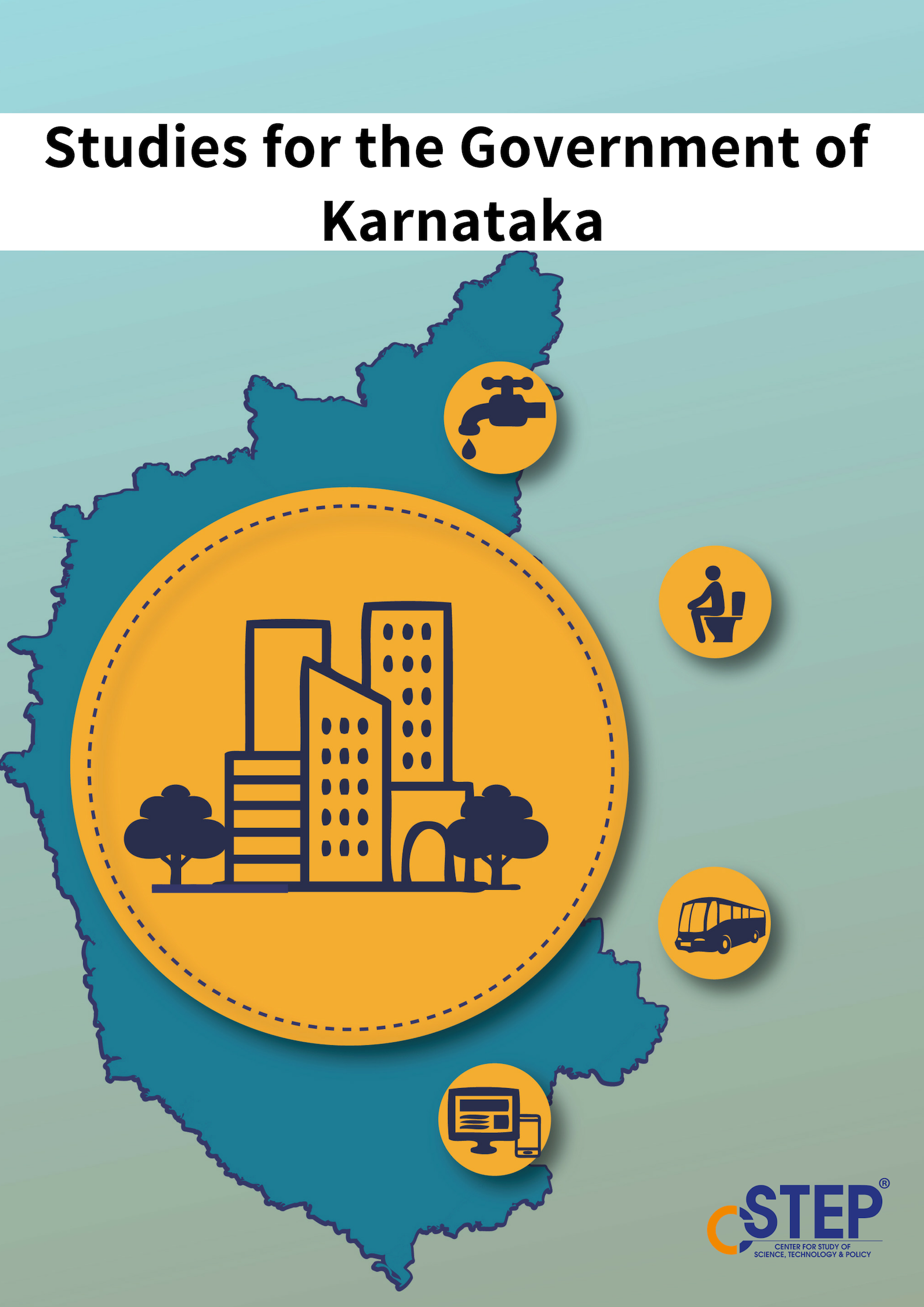

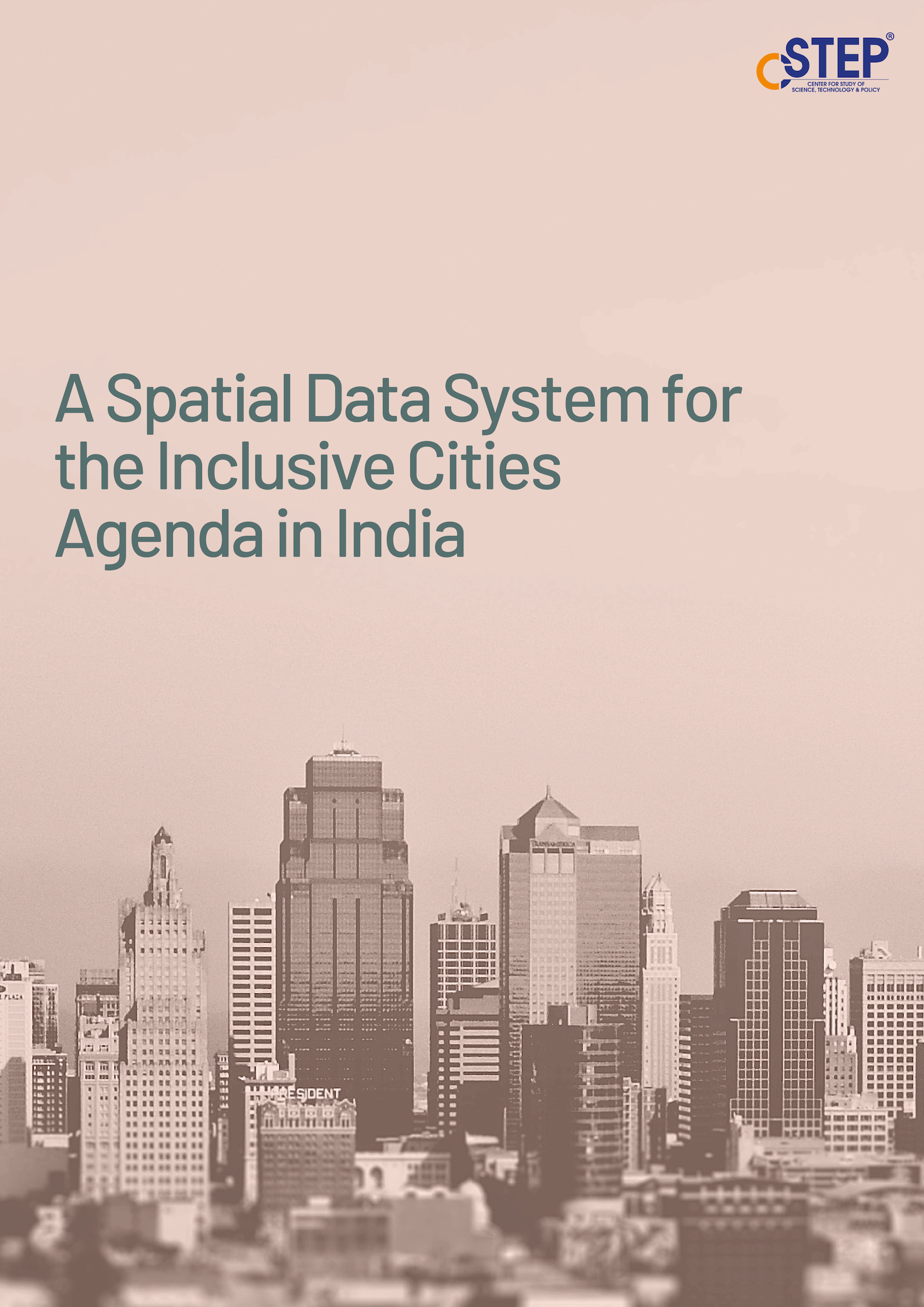
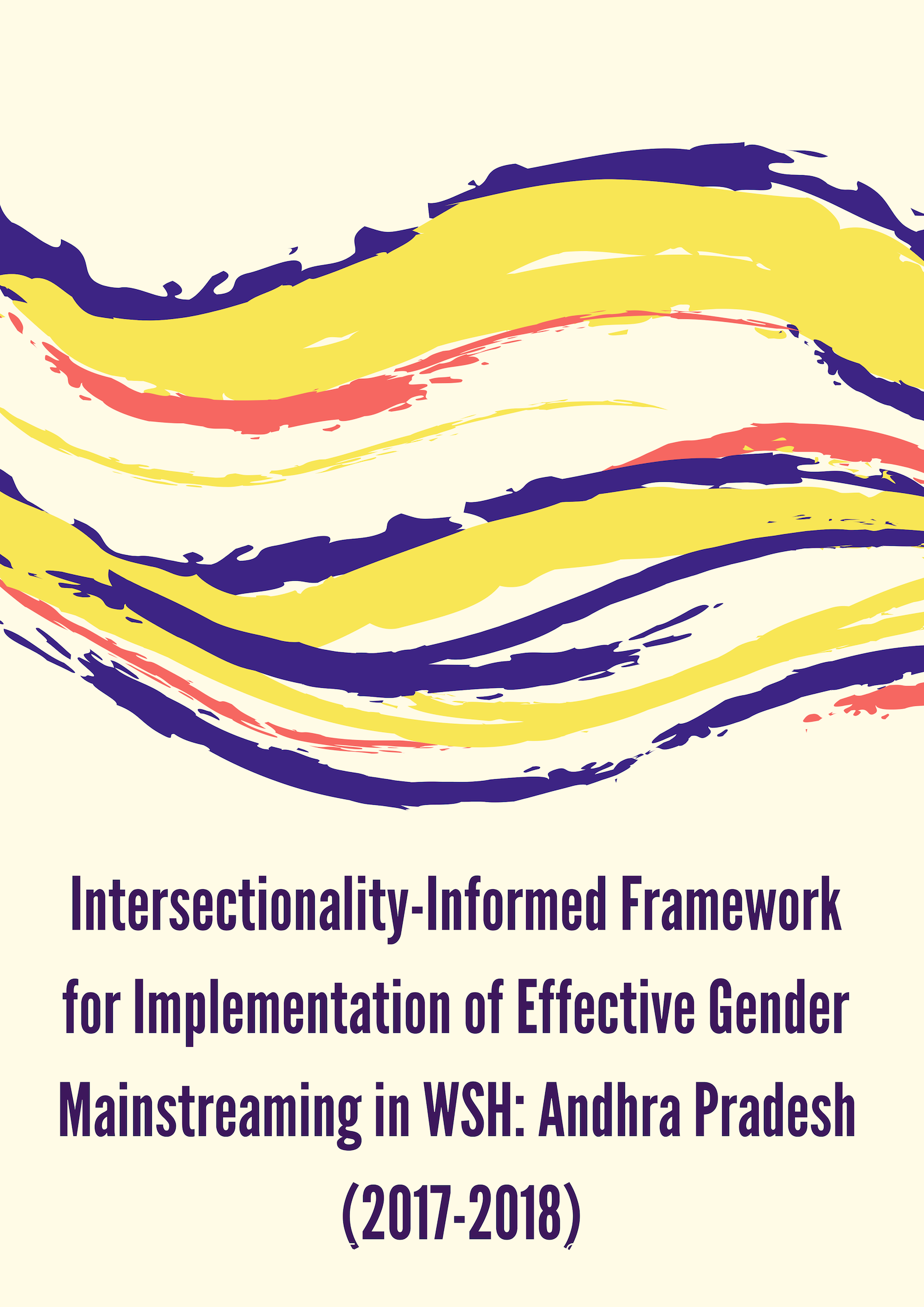
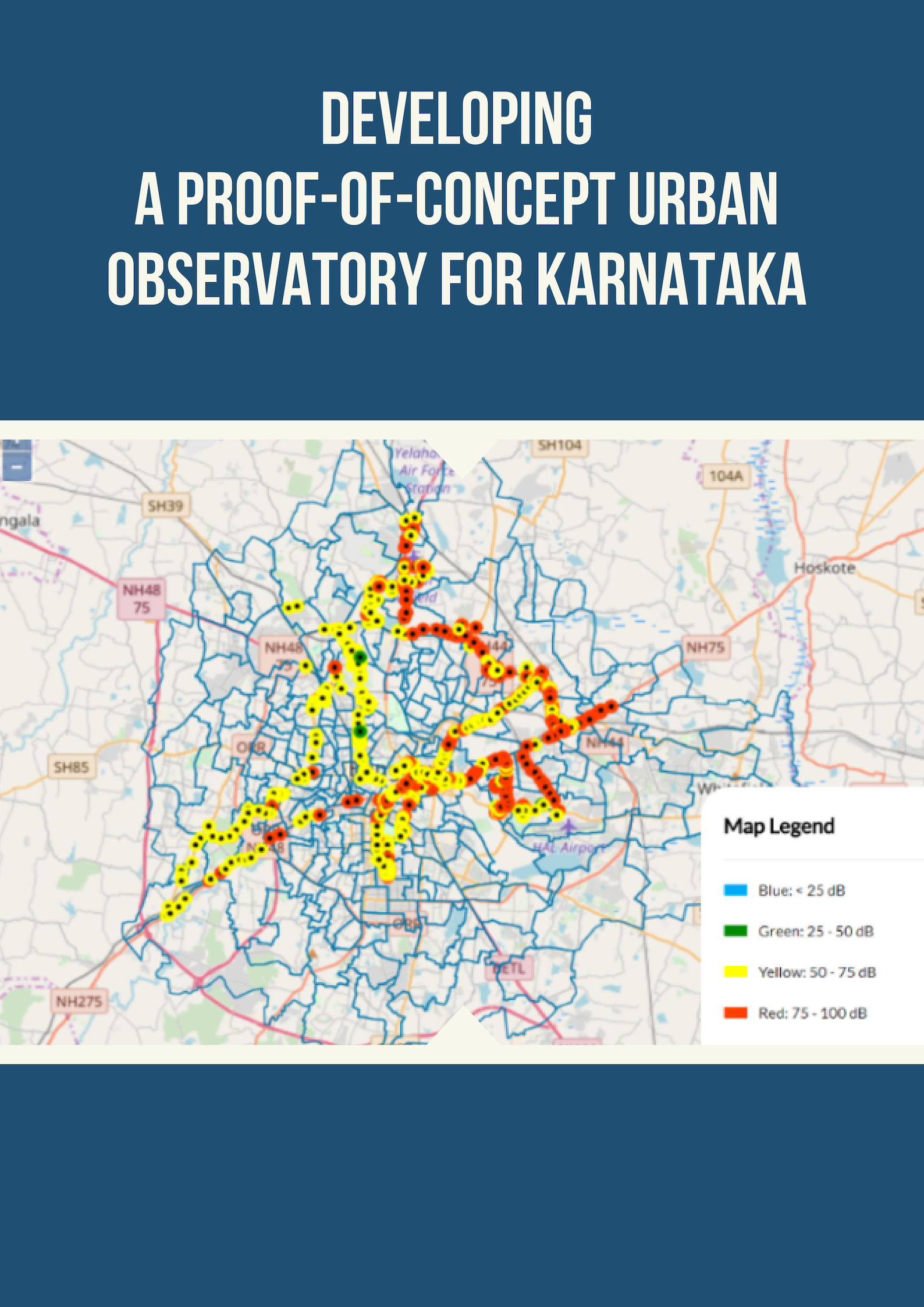
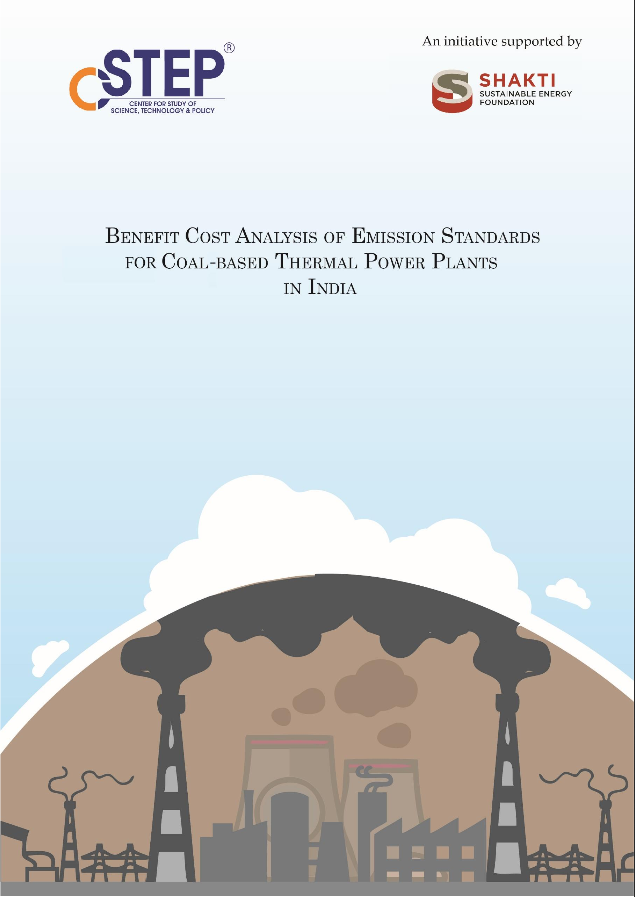


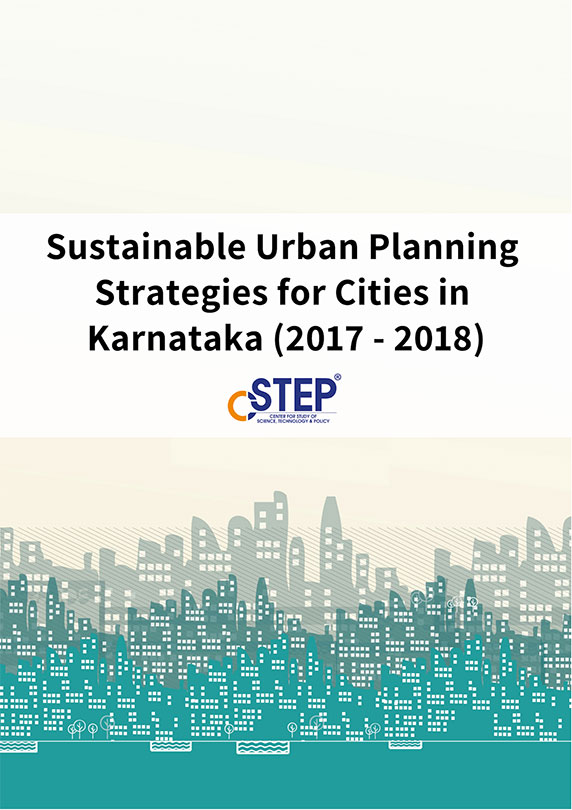




Reclaiming our future: World environment day calls for urgent action
World Environment Day, celebrated on June 5 every year, serves as a global call to action to address pressing environmental challenges. As we stand at the intersection of environmental crises, we must reflect on the state of our planet and take decisive action to safeguard our future. It is imperative for nations to step up their efforts to protect and preserve our planet. India — home to diverse ecosystems — is among the countries at the forefront of this global movement.
Policy Matters [April-June 2023]
A quarterly newsletter featuring CSTEP commentary, publications, events, and other developments.
Addressing the impending crisis of solar photovoltaic waste in India
The solar photovoltaic industry is witnessing a remarkable expansion worldwide. India is ranked fourth globally in ground-mounted photovoltaic deployment. While this is impressive, the waste resulting from such end-of-life photovoltaic panels is expected to be enormous at 4.5 million tonnes by 2050, as per our estimates. In the absence of suitable infrastructure facilities and a lack of proactive policies for recycling, waste accumulation can become an unmanageable problem.
Unpacking the concept of climate migration
Human mobility in the context of environmental impacts has been gaining increasing attention. Our blog series ‘Under the Weather, On the Move’ seeks to demystify climate migration by exploring some of its key aspects, intersectional variations, and policy angles.
In this first article, we discuss how climate migration can be broadly defined.
Living a Low-Plastic Lifestyle
World Environment Day reminds us—the contributing species to pollution on planet Earth—that the environment can be preserved through mindful actions and addressing harmful human activities.
In the context of this year's focus on combating plastic pollution, the United Nations Environment Programme has strongly emphasised the significant role of individuals in accelerating the shift to a plastic-free world.
How India can balance growth and sustainability for its petrochemical industry
At the Asia Petrochemical Industry Conference held in New Delhi in May, the Minister of Petroleum and Natural Gas, Government of India, said that the demand for petrochemicals is expected to nearly triple by 2040 in India.
Explained | Was India’s hot summer of 2023 the first of many to come?
It will be fair to say that many of us are looking forward to the monsoon season this year, eager to put behind us one of the hottest summers ever on record. With each passing year, India has been experiencing more and more instances of severe heatwaves, rendering these months more and more dreadful.
Flood-proofing Bengaluru City
About a year ago, Bengaluru witnessed some of the worst floods in its history. Amidst many ad hoc measures, the state responded with excavators, removing encroachments on storm water drains (SWDs). It is clear now that none of the piecemeal solutions have worked. Rainfall over the last couple of weeks has seen flooding reoccur in the same parts of the city as the previous year. We often blame climate change for the mess we are in, and to some degree, this is justified. However, climate change always manifests through complex socio-ecological changes on the ground.
Low-Carbon Transition of Petrochemical Industries in India
The growth of the Indian petrochemical industry can be made sustainable only by mitigating the emissions from it. This study examines the decarbonisation potential of India’s petrochemical sector until 2050 through low- or zero-emission technologies. It also underlines measures for decarbonising this hard-to-abate sector, with the aim to provide inputs for devising suitable strategies and guide policy formulation.
